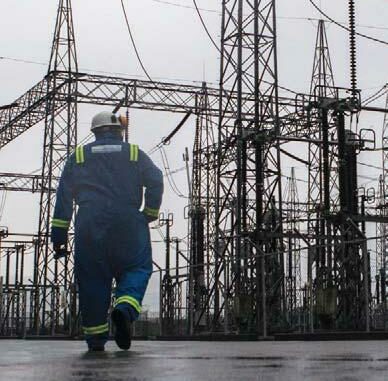
Put aside the recent warning from the IMF that the continuing post-election unrest in Mozambique is poised to negatively impact its economic growth, the south-east African country is well on its way to achieve its energy juggernaut plan that left many African nations in awe.
The ongoing violent protests from the post-election and ensuing disruptions have exposed the vulnerability of Mozambique’s mining sector, which is a key to the country’s economy. Companies, such as Montepuez Ruby Mining Limitada (MRM) or the Australian-owned Syrah Resources, have reported some disruptions to their mining operations. Operational halts and safety concerns drive investors away, leading to significant financial setbacks. Various logistical issues, such as road blockages or power outages, cause delays in manufacturing and may result in contract violations. Experts have warned that the prolonged unrest may put off investors who will be reluctant to contribute to Mozambican economy.
But despite these headwinds, the country has set in motion a groundbreaking energy transition plan, unveiled in August last year, which is set to span until 2050, with the goal of securing investments totaling whooping $80 billion in the energy sector. According to the International Trade Administration (ITA), Mozambique has the largest power generation potential of all Southern African nations. Power Africa, a US government-led partnership, estimates that Mozambique could generate 187,000MW of power from coal, hydro, gas, wind, and solar.
The country’s ambitious energy transition plan has already made significant strides to achieve universal electrification by 2030, moving from 34% in 2021 to 48% in 2022 in terms of population with access to electricity.
